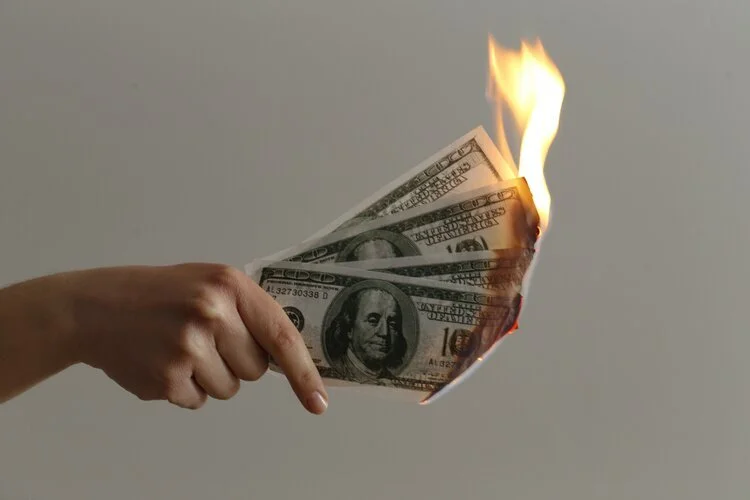Study: Drug price increases outpaced inflation by over 3.5x
A recent study conducted by the Kaiser Family Foundation found that 50% of Medicare Part D drug prices increased over the rate of inflation by 3.5x. Unfortunately this has been a trend happening for quite some time in the US drug market. However there is hopefully some good news on the horizon.
The study examined drug price increases from July 2018 to July 2019 (the most recent available information). During that time period the rate of inflation was 1.8%. However, of the drugs that were examined, 50% (~1650 individual drugs) of all covered Medicare Part D drugs, increased in price by a median of 6.8%. This is roughly 3.5 times greater than the rate of inflation. Of those 50% of drugs that increased over the rate of inflation, 14% increased by over 10% of the rate of inflation.
Some of the most common drug categories that saw price increases were certain diabetes medications, cancer drugs and asthma medications. While 50% of all Medicare Part D drugs did increase over inflation, the other half saw increases/decreases in price below the 1.8% inflation rate.
The issue of rising drug prices has been a growing debate in both the public's eye and the government. President Trump issued several executive orders to try and wrangle in price increases. Medicare introduced an Insulin Trial Program for 2021 which capped insulin costs for Medicare beneficiaries. There is more talk by President Biden to tackle this issue as well with many people looking at capping drug price increases at no more than the rate of inflation.
Others are calling for drug manufacturers to pay rebates to the government if their drug price increases do outpace inflation. With caps on these increases it should help lower total drug spending for both Medicare and Medicare beneficiaries over time.
We’ve written about this issue in the past and this has been a reality for quite some time. In fact, drug prices have increased steadily year over year for decades. A study published in JAMA found that drug prices, adjusted for inflation, rose by 165% from 2007 to 2018. Conversely, a study conducted by the Pew Research Center found that workers wages have stayed stagnant for an even longer period. The study found that since the year 2000 wages increased for the lowest quarter (25%) of earners by only 4.3%. A more significant wage increase was seen in the top tenth of earners but still at a rate of 15.7%.
There is a clear disparity between income, inflation and the price of prescription drugs. R&D, complicated price negotiations and bureaucracy can all be contributed to drug prices but when the consumer is the one being affected the most, it can be a hard pill to swallow. It’s becoming increasingly clear that this is an issue on many people's minds and something that needs a positive resolution for the public. We hope that comes sooner rather than later.
Is there something we missed? Do you have an idea for what we should write about next or want to join the discussion? We’d love to hear from you. Please feel free to drop a comment, send us a note at help@doctorschoiceusa.com or call us at 401-404-7373. As always, thanks for reading!
https://jamanetwork.com/journals/jama/article-abstract/2762310


